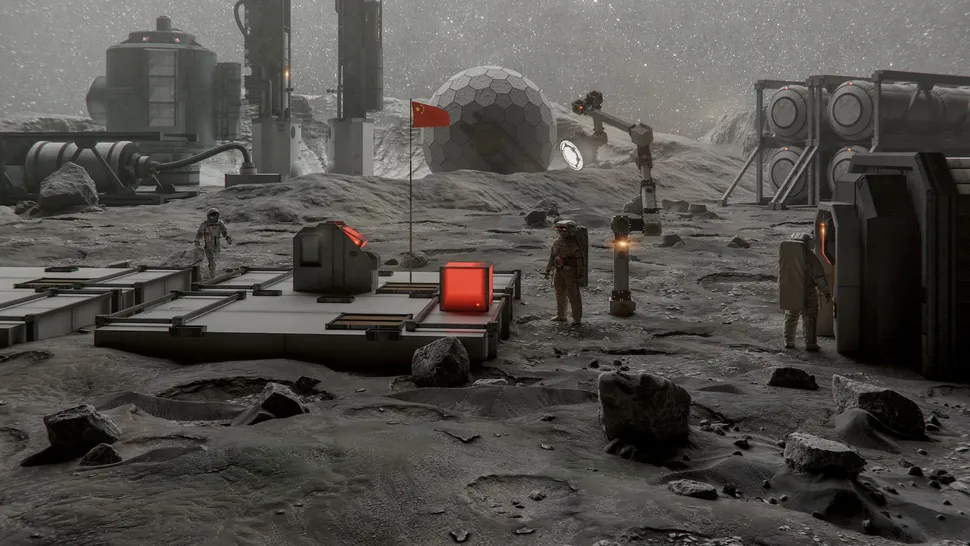Does light lose energy as it crosses the universe? The answer involves time dilation.
Live ScienceSunday, May 25, 2025 at 3:00:00 PM

Ever wondered what happens to light as it travels billions of years across the universe to reach us? Scientists have been puzzling over whether photons—those tiny particles of light—lose energy on their epic journeys. Turns out, the answer isn't as straightforward as you might think. While light doesn't "slow down" (it always zips along at that famous cosmic speed limit), its energy can shift due to the mind-bending effects of time dilation—a quirk of Einstein's relativity where time itself stretches or compresses depending on gravity and motion. So, that photon from a galaxy 25 million light-years away? It might arrive a little different than when it started, thanks to the universe's weird and wonderful rules.
Editor’s Note: This isn't just a nerdy physics rabbit hole—it's key to understanding how we observe the universe. If light's energy changed unpredictably, our measurements of distant stars and galaxies could be way off. But by untangling how time dilation affects photons, scientists can fine-tune everything from the age of the cosmos to the behavior of black holes. Plus, it’s a cool reminder that even something as "simple" as light plays by some seriously strange rules out there in the void.
— Curated via WP Now’s


